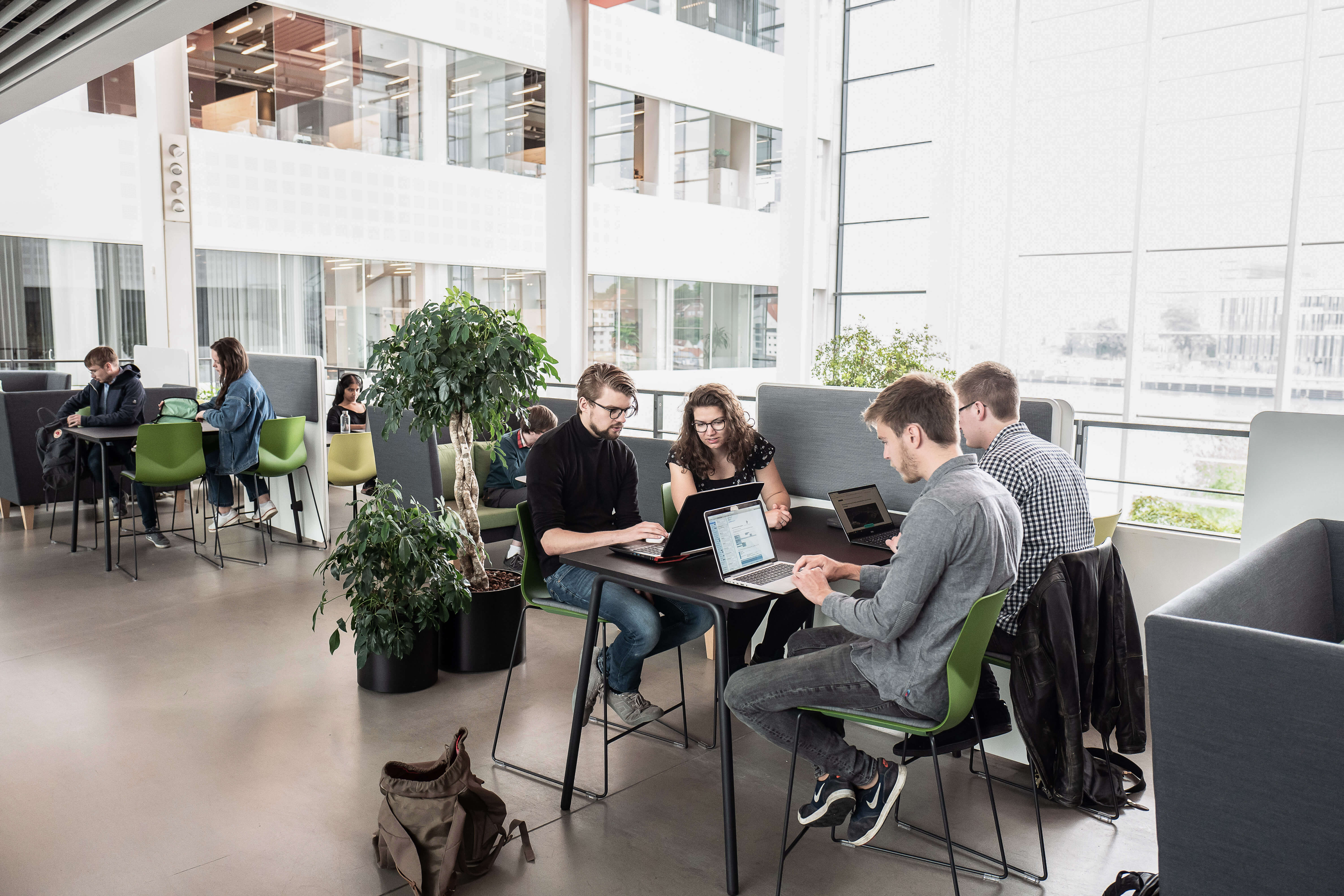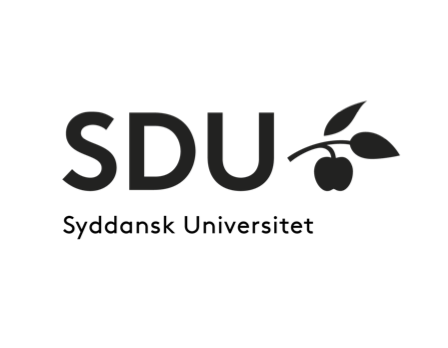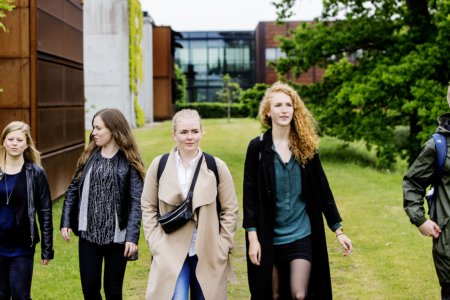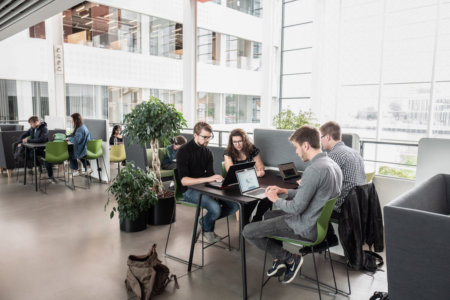Ever wondered (or panicked) about your first job after graduation? If you’d be in a multinational corporation or start up, working in an office or at the oil rig, accepting an internship or taking up a full-time gig?
All your concerns are valid, especially as we head into a post-pandemic world. The coronavirus outbreak has resulted in two out of five employees working from home, and countries have been proactively making decisions to save jobs by scaling up existing job retention schemes or introducing new ones to assist in mitigating financial hardships.
With global unemployment rising at unprecedented rates, 2020 is causing seismic shifts in the labour market and hitting a nerve among employees — and palpably more so with future graduates. What were initially thought to be temporary restrictions turned into the new normal, stirring up a turmoil in almost every industry.
Although vaccines are set to be rolled out in the next year and restrictions relaxed, the future is set to be more tumultuous for workers before it recovers. In Denmark, one university offers a first job guarantee scheme to steer graduates through these stormy job outlooks: University of Southern Denmark (SDU).
How does the first job guarantee scheme work?
Students enrolled in educational engineering programmes in Sønderborg are eligible to join the scheme. A number of positions will be offered by each participating company for a minimum duration of six months.
Next, there will be a simple eligibility check. Graduates need to show they have been engaged in a project with or have interned at a company; completed his or her education within the prescribed period of study; and possess knowledge of the Danish language equivalent to level B1 on the CERF scale.
Students can expect to team up with employers who are enthusiastic to receive fresh perspectives and skilled talent in their organisations. CEO of Lodam Electronics A/S (now BITZER Electronics A/S), Henning Højberg Kristensen, is one of them. “Those graduates will be much sought after, and we, too, are going to need some of them so altogether, the first job-guarantee scheme is a really good initiative.”
With this scheme, SDU engineering graduates are set to work in one of the most tech-forward countries in the world — and in high-skilled, well-paid and fulfilling jobs too. For BEng in Electronics student Ralfs Leitis, this provides the ideal complement to SDU’s well-equipped campus, friendly community and passionate teachers. “A few times a year companies come to meet students because obviously we are going to be the new engineers which they need but they also want to meet us and show factories and products that they are making to increase our interest in engineering,” he says.
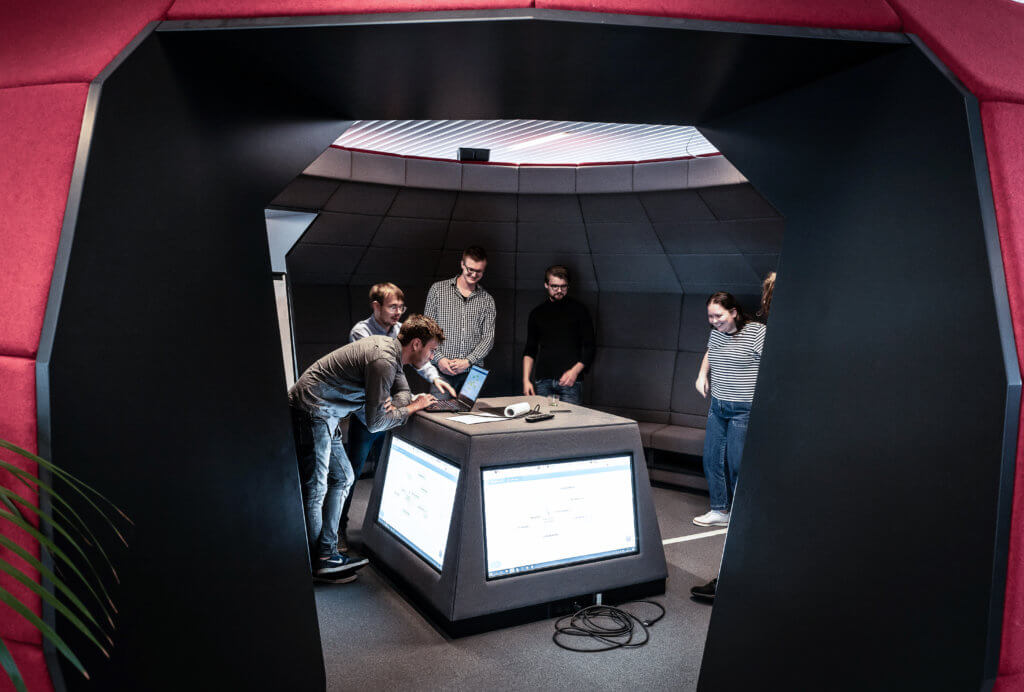
Source: University of Southern Denmark
SDU’s Industry 4.0 Lab
The Faculty of Engineering is set to redefine education and innovation at SDU’s newly launched I4.0 Lab, one of Europe’s most advanced facilities in this field. The facility will support cutting-edge research, innovation and education in the technologies underpinning Industry 4.0.
The lab will consist of advanced robotics and automation solutions; digital modelling consisting of digital twins modelling (process, line and plant level); big data collection and analysis in order to develop Predictive Maintenance Tools; and much more. I4.0 Lab will also collaborate with major players in the industry including Siemens, LEGO, Danfoss, Novo Nordisk, and Bang & Olufsen.
These facilities and links with industry giants provide an invaluable education experience to SDU’s engineering students. “I personally love the hands-on approach when it comes to studying. The combination between theory and practice is one of the main reasons I chose SDU. By working on a relevant practical project every semester, as a student, I feel like I can crystallise almost all the theoretical input from my classes,” says BEng Electronics student Mihaela Gruia from Romania.
“The connections with the surrounding companies are facilitated by both the university as well as the companies since they actively seek students from SDU as potential future employers. Through the business lunches that the university organises, as a student, I was able to discover what the company’s desire for a future internship or expectations from a future employer — definitely something I consider beneficial for my future,” she says.

